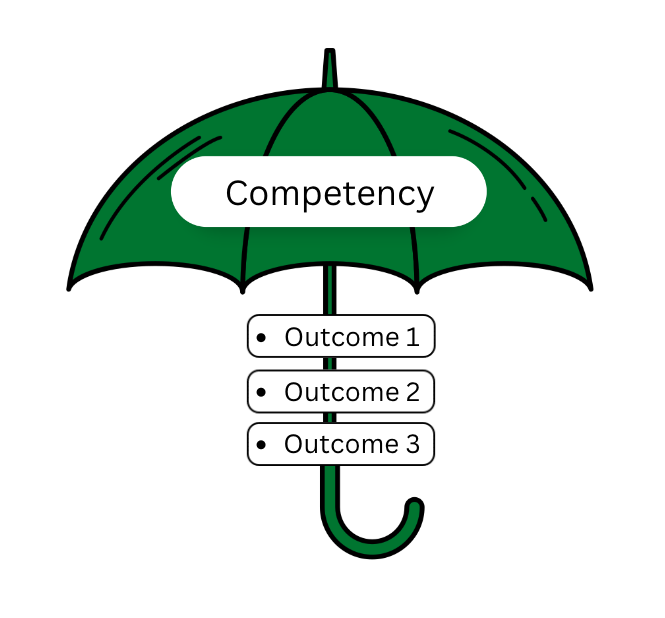Risk Taking in Teaching
The panel discussion was incredibly thought provoking as would be expected from this line up of faculty from diverse disciplines and different points in their academic careers. The risks they undertook varied from teaching a course with an undergraduate to flipping a class, using social media to develop relationships in large classes, (re)creating assessment rubrics with students, taking students off site for experiential learning and changing the traditional laboratory experience to one where students apply their skills through creative problem solving mimicking a professional consulting experience.
The discussion that ensued after the brief presentations by each panelist highlighted the centrality of risk taking to the teaching approach of each of these faculty members, however it was clear that each had unique motivations for risk taking. Murray Drew noted that risk taking in his teaching was an essential step in moving his students to development of critical thing skills and application of disciplinary knowledge to real life problems. Mike Bradley noted its importance in helping physics students develop creative problem solving skills. Michelle Prytula shared that she believed that risk taking was the only way to facilitate real learning and Tracie Risling passionately argued that she took risks as part her commitment to giving her students the best learning experience possible. The examples provided lead the audience to conclude that, when well managed, taking risks in your teaching can lead to exceptional learning experiences for students.
The panel did not, however, present risk as without issue. Murray Drew challenged us as an institution to consider how we mitigate potential issues for new (pre-tenure) faculty taking risks, particularly if the risk results in lower student evaluation scores (always a potential risk of trying something new in a course). Jay Wilson also noted the importance of managing the impact that the additional effort to innovate may have on other areas of work. Mike Bradly noted that sustainability of any teaching innovation needs to be considered at the outset.
There was consensus in the panel that taking risks in teaching can have big returns for student learning. They did have some common advice to share with those thinking about doing this in their own teaching:
- Communication with students in key. Let them know what you are doing and why. Be explicit and acknowledge openly that this a new undertaking for you.
- Invite your students to be partners in the endeavour. If your approach has some built in flexibility, ask for student input on the approach they would prefer. Solicit student feedback regularly and adjust your approach, as possible, based on what they say.
- Give the innovation a good amount of time to succeed but don’t cling to it if it isn’t working. Admit when it has failed and abandon the strategy.
- Ask for advice in advance from colleagues or others who have expertise in the area. Draw on the knowledge and experience of others.
It was clear in the discussion and questions that ensued that we all have a responsibility in creating an environment on campus that is conducive to risk taking and is tolerant of some failure along the way. I would welcome your thoughts via email or comments on this blog as to how you believe we could collectively achieve this. What are some of the barriers you see and how could they be overcome?
If after reading this you think taking a risk and innovating in your teaching is for you please feel free to get in touch with the GMCTE to discuss your innovation. We can connect you with other faculty who have done something similar, help you plan, or point you to resources to inform your work. Whether your risk is large or a small first step we are here to help you achieve your goals.
Thanks to all the panel participants for sharing their experience and insights and providing advice to others considering an innovation in their teaching.
